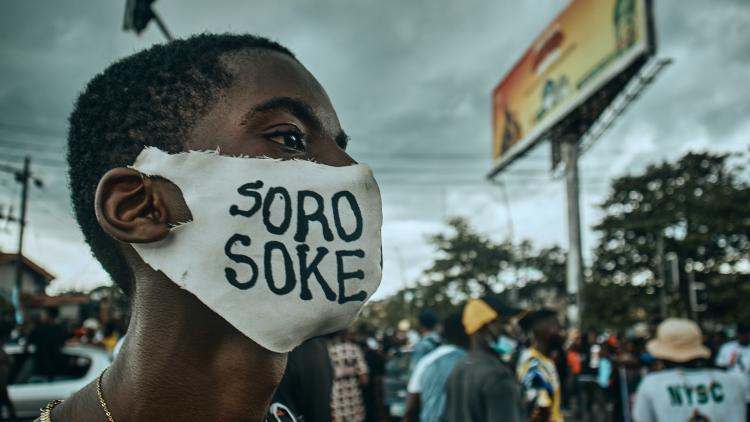Pat de Brún

Key information
- Department
- School of Law, Gender and Media
- Qualifications
- Bachelor of Civil Law (European), University College Dublin; LLM (Human Rights, Conflict and Justice), SOAS; Attorney-at-Law (New York)
- Thesis title
- Queering Human Rights Law from Below: Rights, Ruptures, and Resistance in Cambodian Queer Politics
- Internal Supervisors
- Dr Vanja Hamzić & Dr Michelle Staggs Kelsall
Biography
Pat de Brún is a human rights lawyer and researcher.
He is currently the Head of Big Tech Accountability for Amnesty International and Deputy Director of Amnesty’s Technology and Human Rights Programme.
Pat has worked with a variety of human rights organisations and activist groups for the past nine years. He spent five years working in Cambodia, including periods working with the UN’s Khmer Rouge Tribunal, the Cambodian Centrer for Human Rights, and various queer activist groups and international human rights organisations.
Pat has led investigations into Meta (Facebook)’s role in the persecution of the Rohingya people in Myanmar and Big Tech’s role in silencing human rights activists in Vietnam. He has also led several research projects on LGBTIQ rights in Cambodia, including research on trans people’s lived experiences of discrimination in urban centres, and a study on marriage equality and gender recognition rights.
He has also researched the lived experiences of people impacted by Cambodia’s war on drugs and researched the impacts of development projects on Indigenous people’s rights.
Research interests
Pat's research interrogates international human rights law’s claim to universality by analysing Cambodian gender and sexual minorities’ encounter with universalist LGBT rights discourse. This research entails a socio-legal ethnographic exploration of Cambodian queer/trans activists’ navigation of the fraught legal, social, and cultural terrains in which their struggles play out, grounded in critical legal theory, Third-World approaches to international law, queer, and feminist (legal) theory, and Cambodian studies literature.
The research seeks to understand the implications of the globalisation of international LGBT rights discourse in the Cambodian context, including its tendency to push queer politics towards liberal legal reform projects and its and aims to explore the tensions and opportunities presented by this postcolonial encounter. Ultimately, this project seeks to understand whether this mutually constitutive encounter holds the potential for re-imagining alternative forms of transnational solidarity and queer liberation which transcend the limitations of the international human rights framework.
Contact Pat
- Social media


